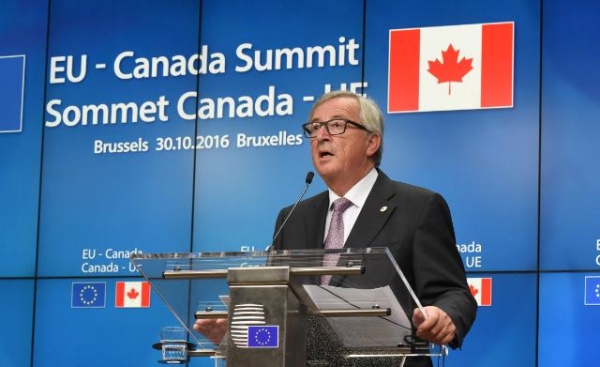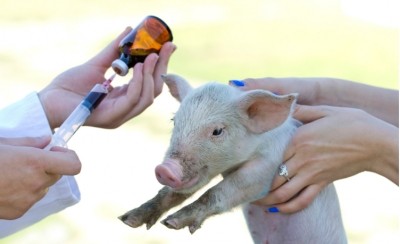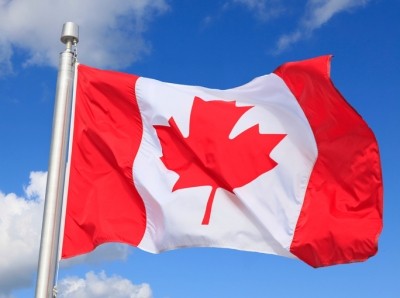Red tape delays EU-Canada free trade meat sales surge

On Thursday 21 September, the much-hyped Canada-European Union Comprehensive Economic and Trade Agreement (CETA) came into effect, removing tariffs of 98% on traded products.
But antibiotic usage and the place at which EU-bound meat is labelled have taken the wind out of the sector’s sails. It means Canada’s meat industry is yet to enjoy the full potential of CETA.
The sector is moving swiftly to address the barriers and it’s not hard to see why. Once addressed, tens of thousands of tonnes of duty-free pork and beef can be shipped to Europe, alongside an unlimited volume of horsemeat and prepared meats. While a small volume of specialist meat products is expected to benefit immediately, the deal, worth hundreds of millions of dollars to the meat industry, is not in full force.
Government addresses problem
Canadian Meat Council (CMC) CEO Chris White said “commercially viable access” to the EU would only be fully realised once technical barriers had been “concluded successfully”.
A timeline for removal of these barriers has not been disclosed.
However, supplementary research around Canada’s procedure for antimicrobial interventions, which CMC has claimed is carried out on food safety grounds, is underway.
Government and the Canadian meat industry are working together on research to reinforce food safety and antimicrobial efficacy data. Authorities in Canada, the US, Japan and a host of extra trading partners already accept similar data, CMC stressed.
The other sticking point is the place at which boxes of meat are labelled.
Barriers require ‘work’
The Canadian Food Inspection Agency (CFIA) has claimed boxes of meat need an EU health mark label before they can become eligible to be shipped to the EU. However, CMC said the meat industry believed this “administrative inconsistency” should be resolved swiftly by Canadian regulators.
“We ask that the Canadian and EU governments commit to the resolution of all outstanding technical barriers that prevent the provisions of the CETA from being implemented as envisaged by the negotiators,” White said in a press statement.
“While the industry recognises that certain barriers may require additional work, others should be resolvable quickly.”
A small quantity of Canadian beef and pork exports should start to benefit from CETA, but the bulk of the country’s meat trade under the agreement is still being held up by red tape.


















